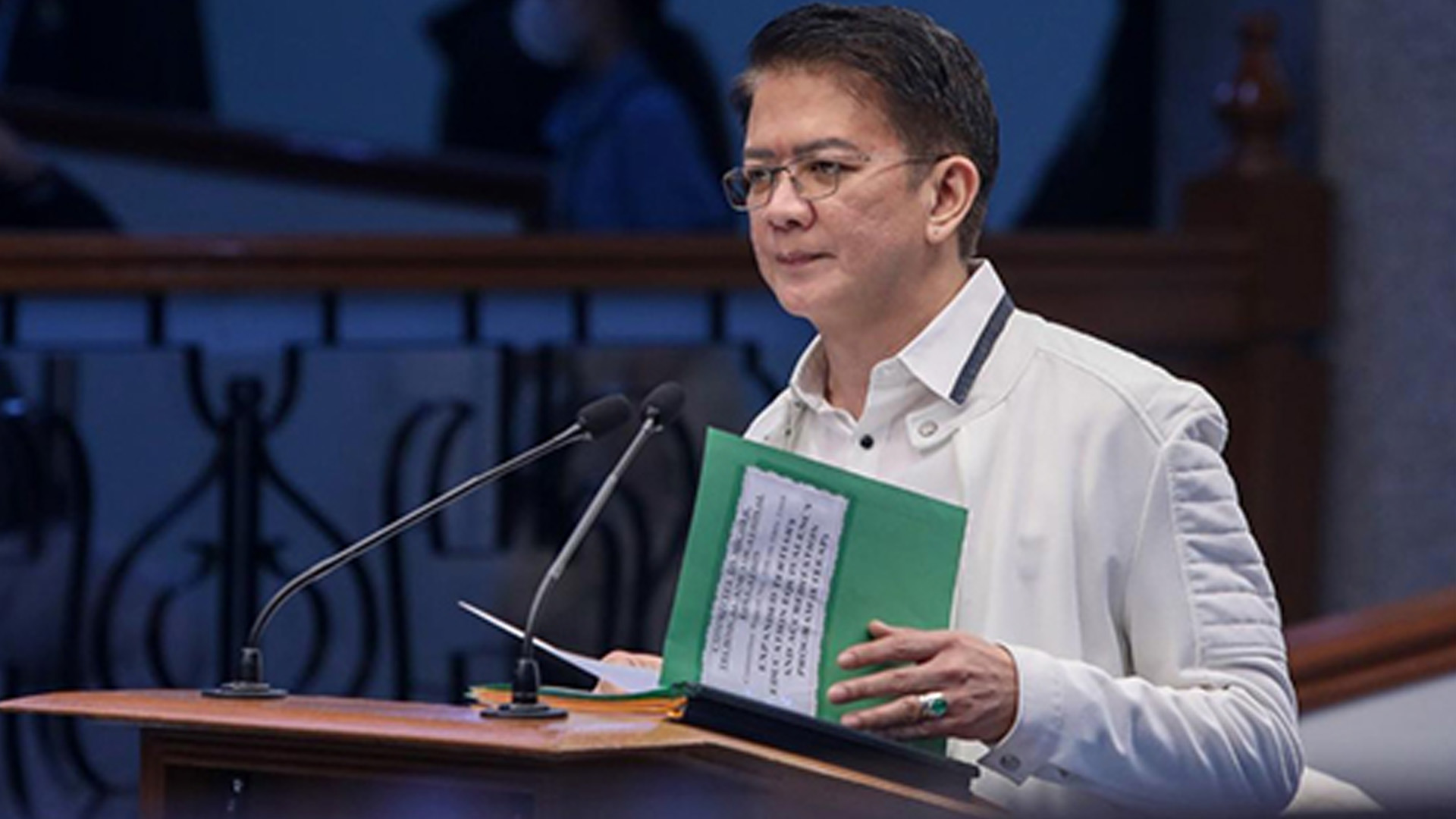Senator Chiz Escudero is supporting the latest move by President Ferdinand “Bongbong” Marcos Jr. to curb the increasing prices of basic commodities under an administrative order that seeks to streamline the procedures on the importation of agricultural products.
While Escudero is backing Administrative Order 20 meant to enhance food security by easing procedures related to the importation of agricultural products, he said the administration should also ramp up local production.
“I agree with the President but I would have preferred that more emphasis is given on local production than importation,” Escudero said on Monday (April 22), as he stressed that importation should only be a temporary solution to the country’s needs of agricultural products such as pork and fishery products.
“True and genuine food security is based on domestic ability and supply to answer our needs with importation simply being a stop-gap or in the interim while we haven’t achieved food security yet in order to curb inflation of basic food staples,” the senator added.
On concerns that the easing of administrative procedures and the removal of non-tariff barriers might be abused by unscrupulous importers, Escudero said he is confident that Agriculture Secretary Francis Tiu Laurel, Jr. is able to effectively address it.
“I trust that Secretary Laurel will hold accountable whoever commits abuses as I know him to be a man of integrity and will not tolerate corruption,” he said.
Upon the instruction of the President, Executive Secretary Lucas Bersamin issued the administrative order on April 18 with the goal of enhancing food security by streamlining administrative procedures related to the importation of agricultural products.
AO 20 directs the Department of Agriculture (DA) to address existing challenges and remove non-tariff barriers that have contributed to rising domestic prices of agricultural commodities.
The Chief Executive likewise instructed the DA, along with the Department of Trade and Industry (DTI) or the Department of Finance (DOF), to ease, among others, the procedures and requirements “in the licensing of importers, minimize processing time of application for importation, and exempt licensed trades from submission of registration requirements.”




















